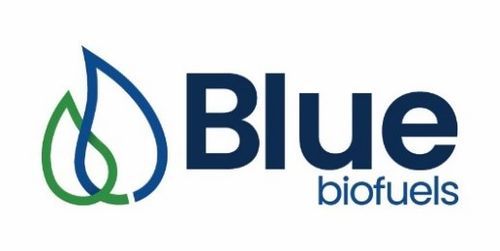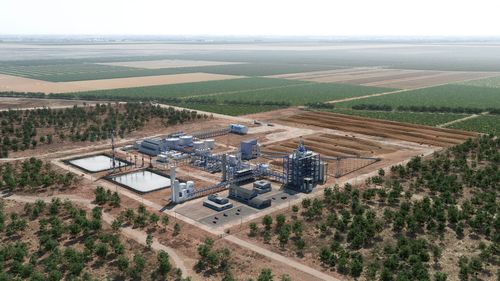The Illinois legislature last week passed comprehensive carbon capture, utilization , and storage legislation.
The Safety and Aid for the Environment in Carbon Capture and Sequestration Act, also known as the SAFE CCS Act, is a legislative framework established to regulate and encourage the development of carbon capture, utilization, and storage (CCUS) projects in Illinois. Lawyers from ArentFox wrote about the legislation here.
The Illinois Farm Bureau opposed the legislation, saying it erodes landowner rights. The IFB took particular issue with a provision that would integrate landowners representing 25% of a project’s storage area who don’t wish to participate in the project if the surface rights of the remaining 75% have been obtained from landowners.
Here are the key components of the Act:
– Purpose and Scope: It is designed to support the development of CCS projects, ensuring they are environmentally safe and efficient. The Act covers the capture, transport, and geological storage of CO2 within Illinois.
– Agency Collaboration: The legislation requires coordination among various state agencies, including the Illinois Environmental Protection Agency and others, to oversee CCS projects. Entities seeking to construct and operate CO2 pipelines and sequestration facilities must obtain permits. The Illinois Commerce Commission (ICC) is responsible for overseeing pipeline transportation, whereas the Illinois Environmental Protection Agency (IEPA) handles the permitting and regulation of sequestration activities.
– Reporting and Standards: A comprehensive report on the progress of CCS projects is due by December 1, 2028, addressing regulatory actions, project feasibility, and an environmental justice analysis.
– Environmental Justice: The Act emphasizes the importance of considering the impacts on environmental justice communities, aiming for transparency, public participation, and improved outcomes for these communities.
– Financial Assurance and Insurance: Operators must maintain financial assurance and insurance to cover potential damages from CCS activities.
– Amendments to Carbon Dioxide Transportation and Sequestration Act: This Act, which came into effect in 2011, addresses the public use and service designation for CO2 pipeline transportation for sequestration or enhanced oil recovery, including regulatory frameworks for permits, public participation, and liability issues.
– Regulatory Framework: It outlines permit requirements, public participation processes, and establishes funds to support administration, oversight, and community benefits of CCS projects.





